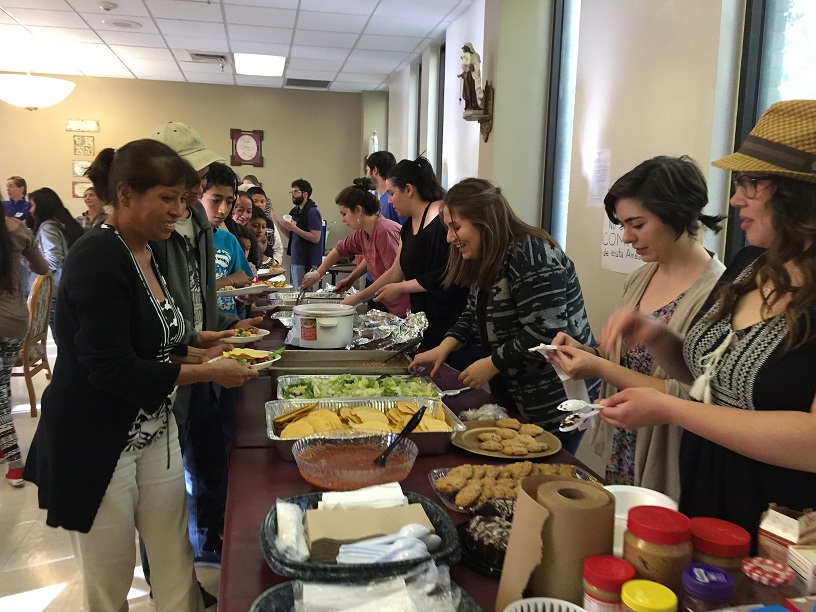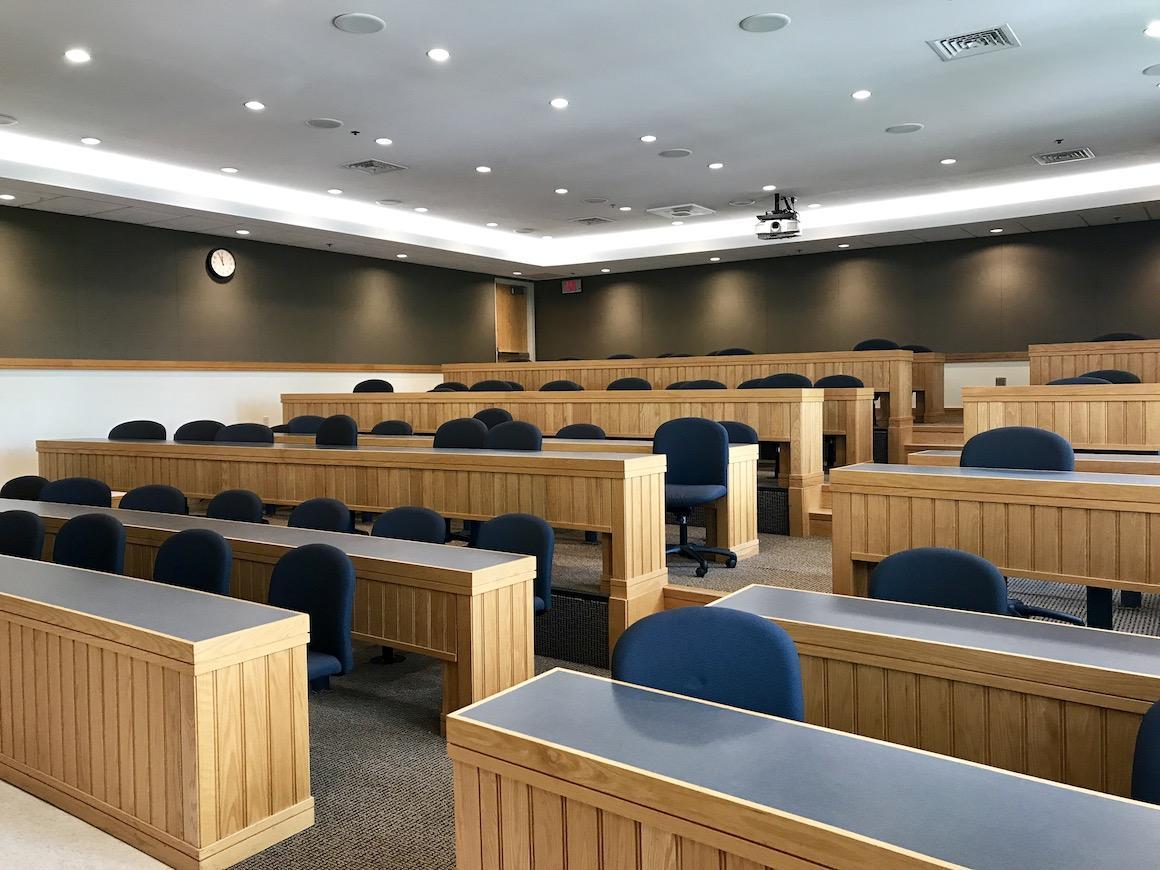
Spring break is coming up right around the corner, March 4 – 12, 2017. Break options are more varied than the stereotypical beach vacations and pool parties. Whether your student already has an itinerary, is going on an “Alternative Spring Break”, hopes to pull off a last-minute adventure, or expects to spend spring break at home, here are fun ideas to share.
A trip doesn’t have to break the bank.
If your student already booked a trip, help them make a budget by estimating how much they will spend on food, drinks and entertainment each day and then encourage them to stick to it. Just having a dollar amount in mind can help them avoid the shock of a low bank balance at the end of the week. If they haven’t already reserved a hotel, they should consider staying somewhere with a kitchen so they can cook rather than going out for every meal. Or find lodging in a quieter locale where they’ll be able to experience local culture while avoiding the high prices of resort towns.
See below (“No plans yet?”) for more low-cost suggestions.
Home can be as much fun as traveling.
If your student attends school out of state, it’s likely they haven’t been home in a few months. If they are coming home for spring break, make the week special for both of you by acting like tourists in your hometown. Get out of your neighborhood and find a new restaurant or two to try; make time for outdoor activities like hiking, or skiing or snowshoeing if you live in a colder climate; even plan a stay-cation for a few days in a nearby town. You’ll enjoy spending time together in different settings.
A local volunteer project you can do together is another way to make the break fun and meaningful.
Suggest your student not take a total vacation from their studies.
R&R is important, but I know from experience that the weeks between spring break and finals go fast. “Break” does not always equal “vacation” Faculty members often expect students to get extra work done, catch up on reading, or begin final projects or papers. Just an hour a day of reading or working on projects can add up to major stress relief once your student is back on campus. Spring break travel time on planes, trains or buses is perfect for this.
Practical things your student might want to do over spring break:
- Apply for summer jobs
- Spend a few days shadowing someone who works in a field of potential career interest
- Do their taxes!
Staying safe makes for a better vacation.
Safety isn’t boring; in fact, it’s essential to a good vacation. Your student will appreciate these tips more than they let on!
- If traveling out of the country, guard valuables (passport, money, laptop etc.) closely. Hotel rooms often have a locking safe — use it! Make a photocopy of important documents and keep it in a separate location in case originals are lost or stolen.
- Stick with your friends and always be sure someone knows where you’re going if you peel off from the group. Don’t go out alone a night or leave a place without a companion.
- Be smart about what you post on social media and how you share your location through technology. Also be mindful of the message your posts and pictures send to future employers who may see your pages. Better yet, take a vacation from social media — immerse yourself in your experiences instead.
- Write down the address and phone number of your hotel as well as the phone numbers of the friends you’re traveling with. Keep a copy with you in case your phone dies or gets lost or stolen, and leave a copy at home so we can contact you in an emergency.
- Check in with us periodically. Let’s set up a phone (or Skype, WhatsApp, Google Hangouts, etc.) date ahead of time.
No plans yet?
Your student can still pull together a fun-filled spring break on short notice.
- Opt outside. Backpacking and camping are a lot less expensive than staying at a hotel. Though some popular destinations require permits that can be filled months or even years in advance, there are first-come, first-served or remote campgrounds across the country that aren’t likely to be crowded. Canoeing, mountain biking and hiking are budget-friendly options. The recreation center or outdoor club at the university may even have gear for rent.
- Road trip! Sharing gas costs is much cheaper than buying a plane ticket. Is there a destination not too far from their college they can aim for? Get out the atlas or pull up Google maps together. Maybe there are some off-the-beaten-track tourist attractions or historical sites along the way. Getting there will be half the fun.






Be the first to reply